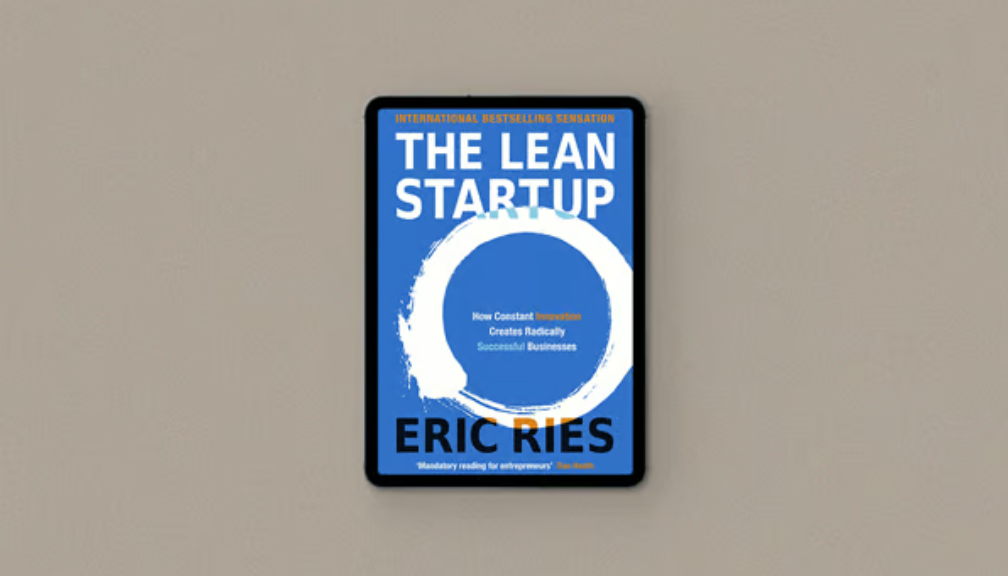In February 2011, The Lean Startup Circle Boston had the honor of hosting Eric Ries, the creator of the Lean Startup methodology and the author of the popular entrepreneurship blog Startup Lessons Learned. Conducted at Microsoft's N.E.R.D. building, the event addressed an enthused crowd consisting of 1/2 lean startup "newbies" and 1/2 "experienced" lean startup practitioners, making things interesting for Eric. Why? Because he needed to cover off the basics of the Lean Startup and Customer Development methodology so the new folks understood what the hell he was talking about, while also getting into some detailed topics and Q&A so that the others wouldn't be bored. And well, he did great.
As a co-organizer of the Lean Startup Circle Boston, I've seen a few Lean Startup presentations. As you can imagine, Eric's is one of the best. I won't try to recap the salient points of the video in a blog post. Instead, I encourage you to actually take an hour and 47 minutes of your day or evening to watch this video from beginning to end. Sounds crazy, but trust me - it's worth it.
Engaging Variedly Experienced Audience
Coming face to face with a significant challenge- addressing a crowd that consisted, in equal parts, both newbie and seasoned professionals, Eric rose to the occasion creating an engaging experience that catered to both. Balancing the presentation by periodically revisiting the foundational concepts of lean startups, while simultaneously exploring more intricate concepts, he kept the audience engaged throughout.
The event started with him elaborating on the basics of lean startup principles, describing what makes it so useful for growing businesses as well as established organizations. What caught the attention of newbies the most was the concept of developing an MVP- a product with just the core features, and introducing it to early adopters, seeking feedback, and making changes and pivoting approaches to refine it for market use before launching fully.
Exploring Importance of Customer Feedback
Building on the premise of the role played by the MVP in driving success, he continued to explain why the customer feedback meant success for startups, and how lean principles promoted that. He explained customer feedback loops helped ensure that the direction in which the product or solution is being elaborated, is fruitful. While an idea may be good, it may not always be something people are looking for. Perhaps different kinds of features may make it more user-friendly, thereby attracting more consumers. These details reveal themselves through feedback cycles.
Pulling the experienced professionals into the talk, he addressed potential methodologies for optimizing the feedback cycles for more efficient information collection. He emphasized the need for building in-house teams for this purpose, which have the responsibility of collecting data, assessing consumer behaviors, and offering in-depth analysis of the market sentiment and demands, which can drive the future development practices within the startup.
Conclusion
From Eric’s perspective, we learned that the lean methodology for building a startup is very useful for all kinds of startups. He reinforced the idea that a lean framework helps in maintaining an agile and adaptable approach, which is critical in the current business landscape, across borders and fields. Startups need to focus beyond coming up with an idea, and on the point of creating solutions which have been tested and examined by actual users, and pivoted to address challenges and shortcomings efficiently through feedback. Through this practice, he emphasizes, the potential for creating an effective product that succeeds in the market is high.
Ready to drive more growth & achieve bigger impact?
Leverage my 25+ years of successes and failures to unlock your growth and achieve results you never thought possible.
Get Started

